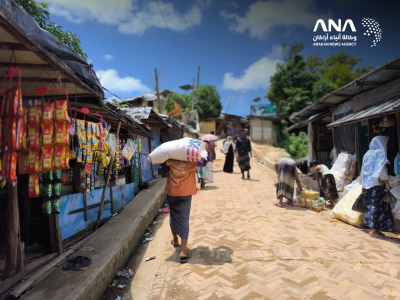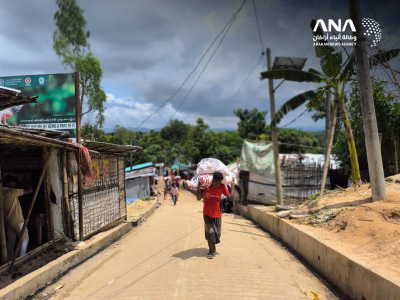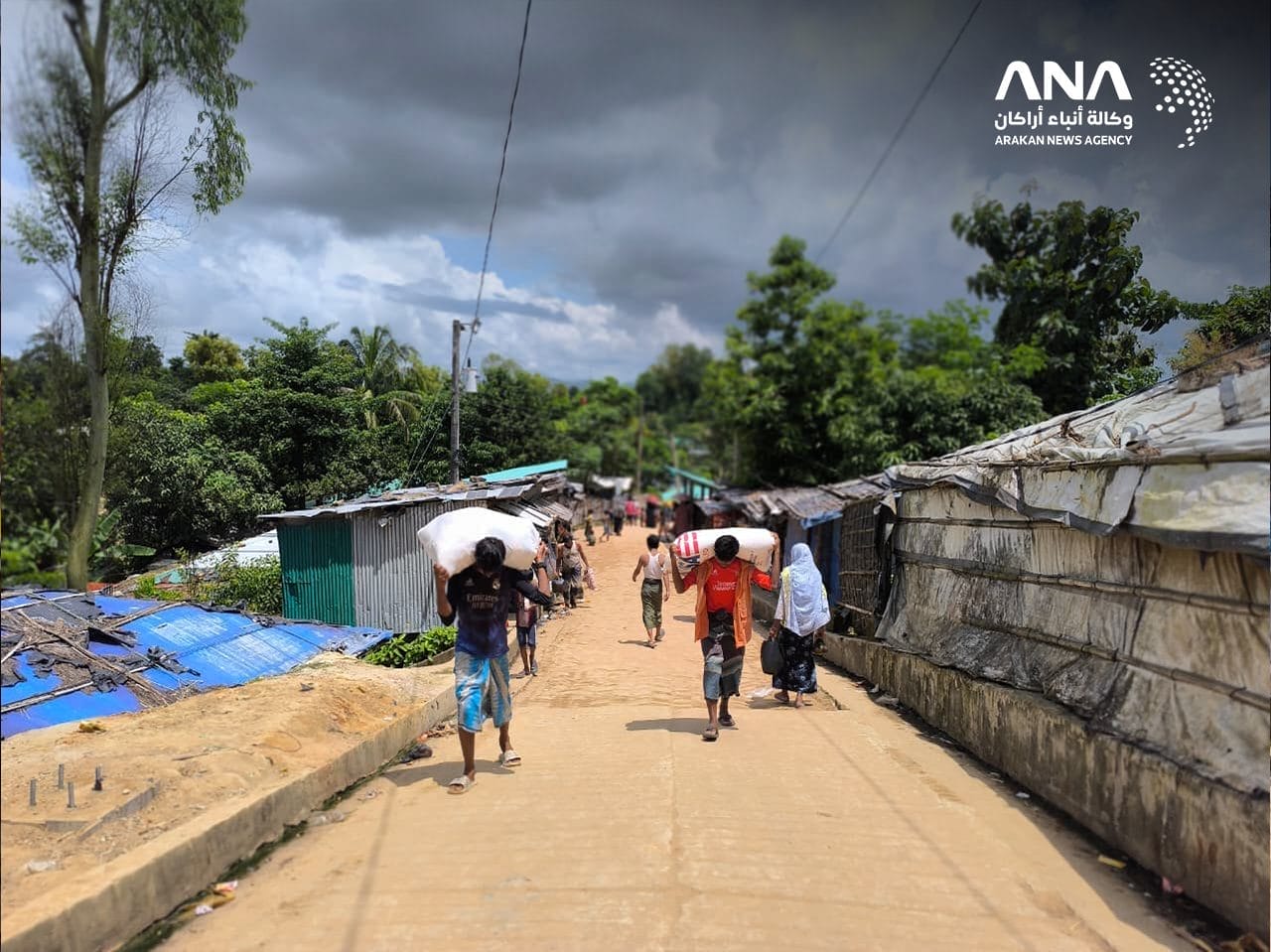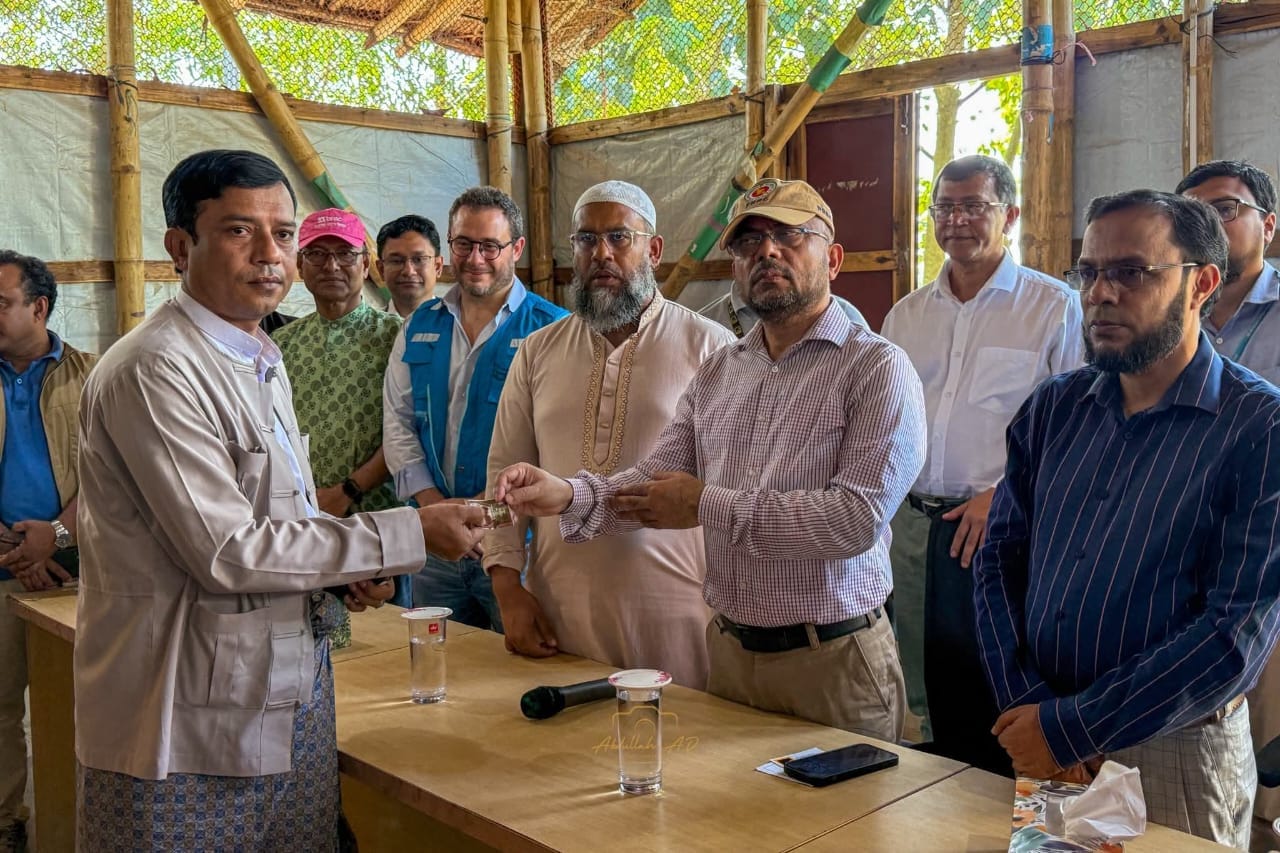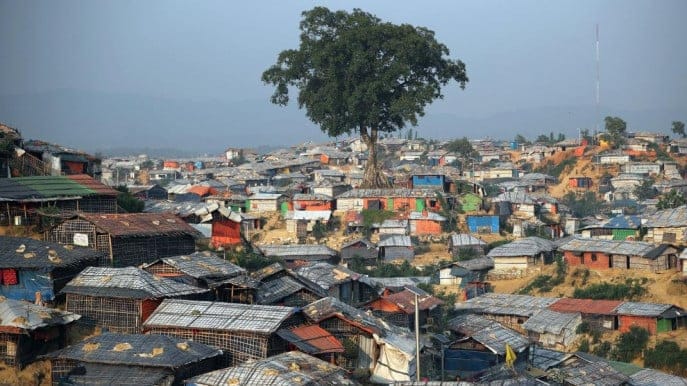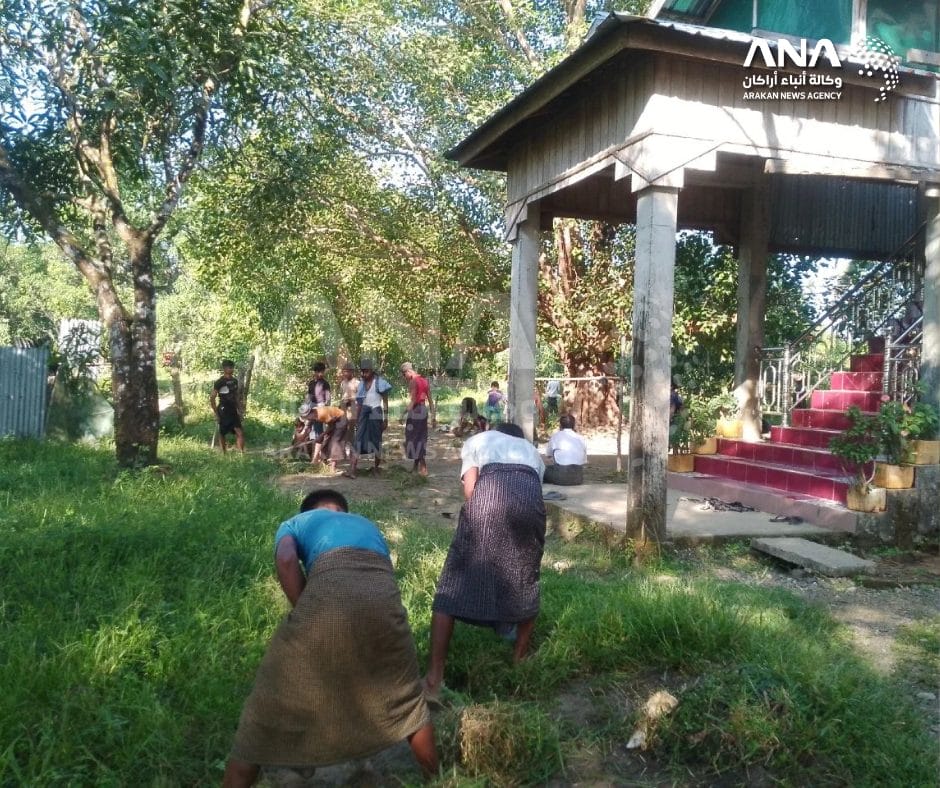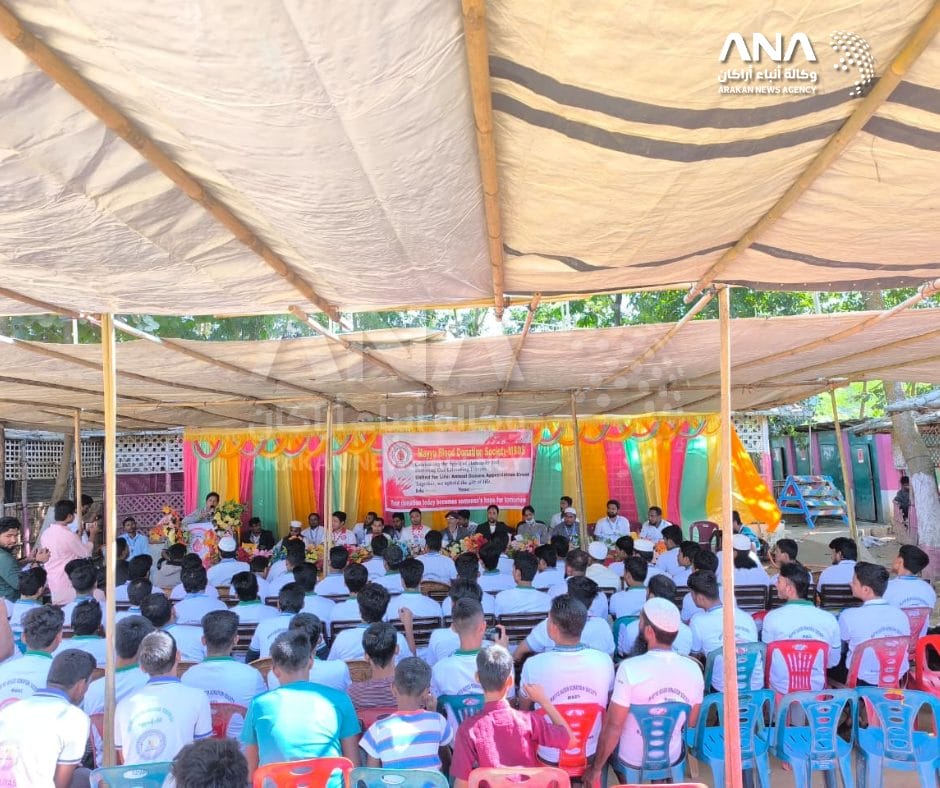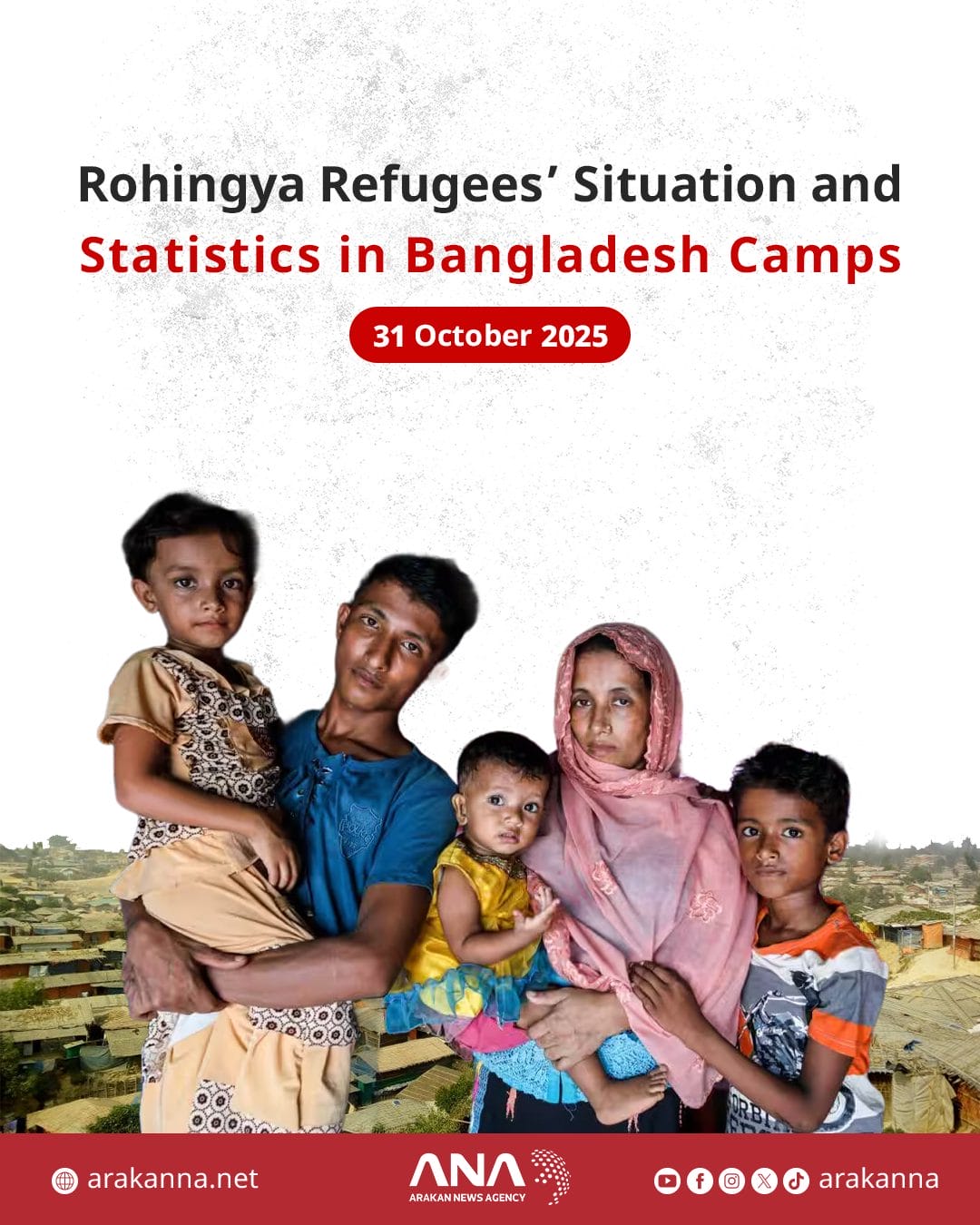Arakan News Agency | Exclusive
The suffering of daily workers Rohingya in refugee camps and surrounding areas of Cox’s Bazar is worsening, as they face an increasing scarcity of job opportunities and significantly low wages amidst harsh economic and living conditions.
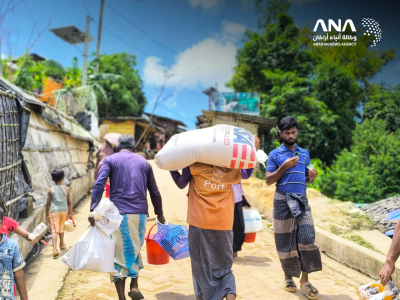
Rohingya refugees confirmed to “Arakan News Agency” that the competition for available jobs has become intense, while the meager wages are not enough to secure food, medicine, and basic needs, which forces many to work long hours in strenuous and exhausting conditions.
Residents of the camps pointed out that the loss of a daily income source has direct impacts on families, as children are deprived of food, medical care is delayed, and education becomes out of reach, while women and the elderly particularly suffer from hunger and poverty.
These conditions highlight the urgent need for international intervention that goes beyond humanitarian aid, by providing fair job opportunities, vocational training programs, and sustainable solutions that allow refugees to earn a living with dignity.
Activists assert that the plight of Rohingya daily workers represents one aspect of the grim picture of the prolonged crisis, emphasizing the need to respect the right of refugees to a dignified life and to have their voices heard in international forums.
Bangladesh hosts over a million Rohingya refugees in the camps of the “Cox’s Bazar” area, which the United Nations classifies as the largest refugee camp in the world. Refugees have been living in difficult humanitarian conditions since fleeing Myanmar in 2017, due to the “genocide campaign” launched against them by the Myanmar military. Their situation worsened after renewed fighting between the Myanmar army and the Arakan separatist army in November 2023.
